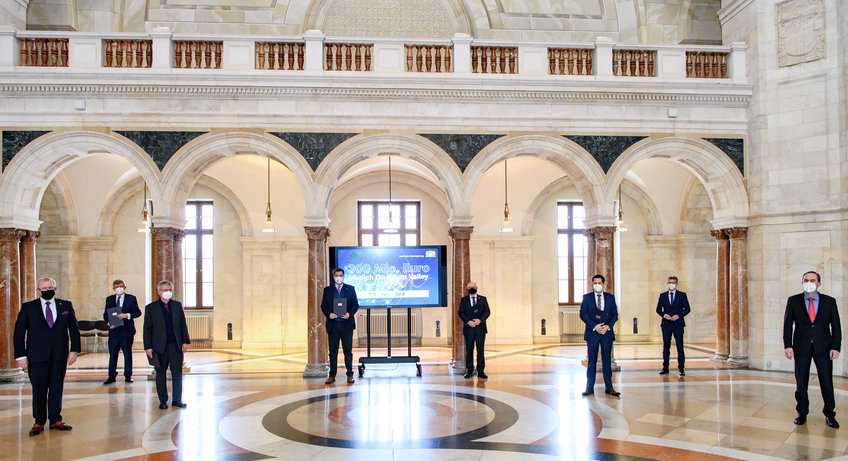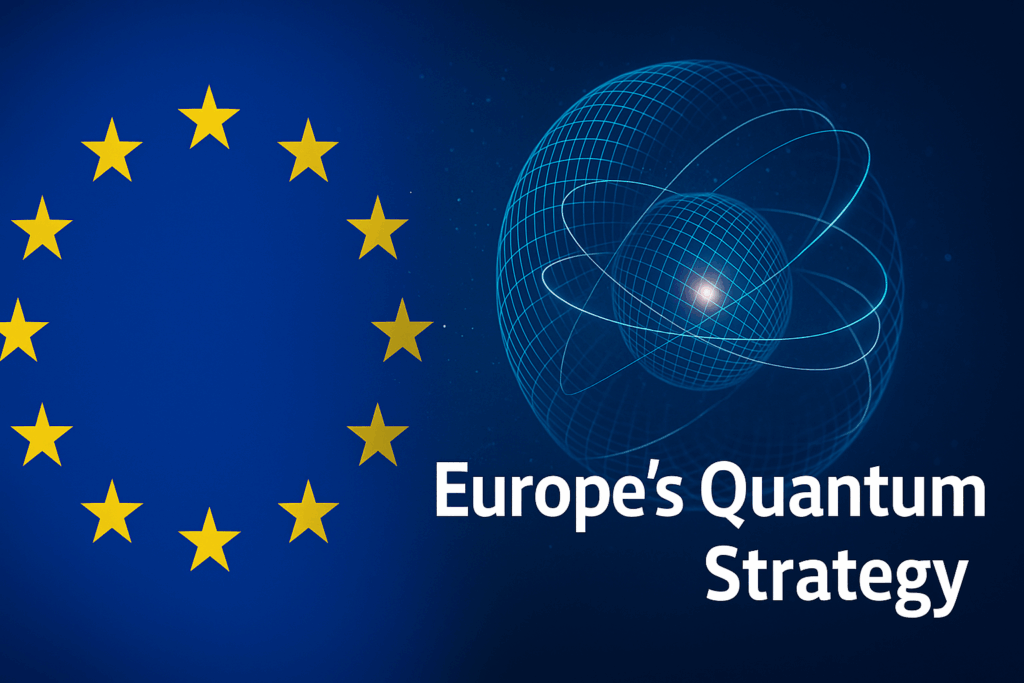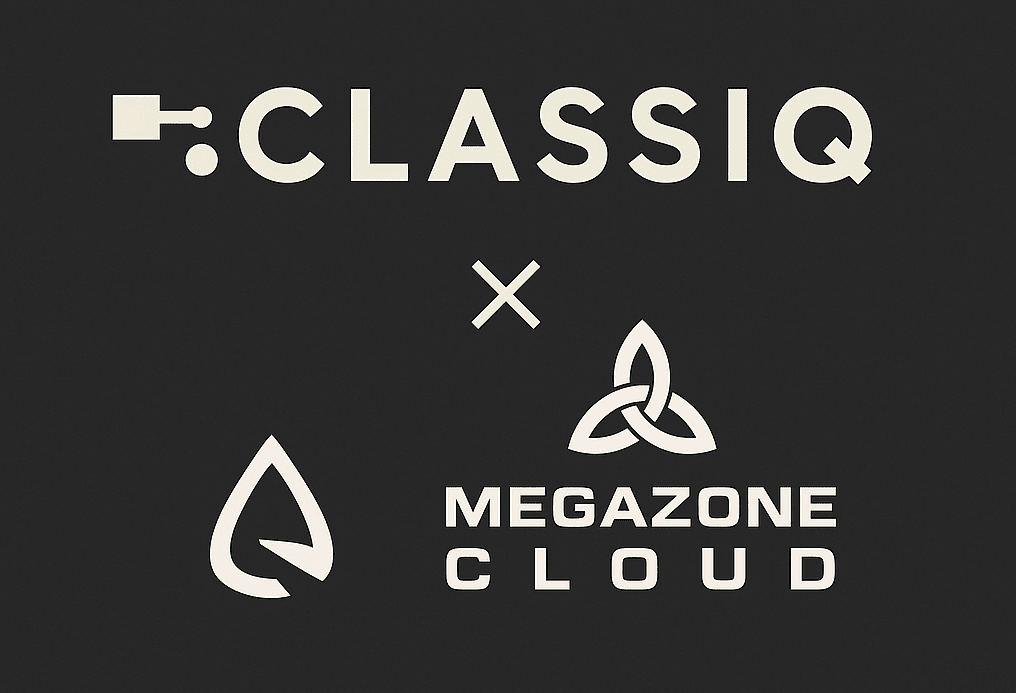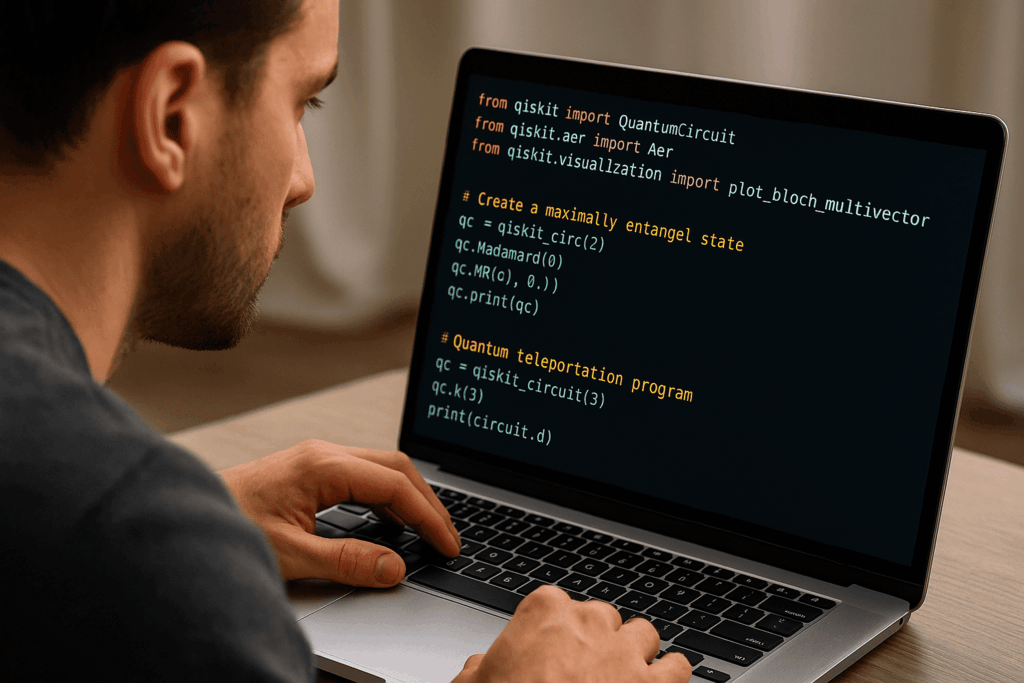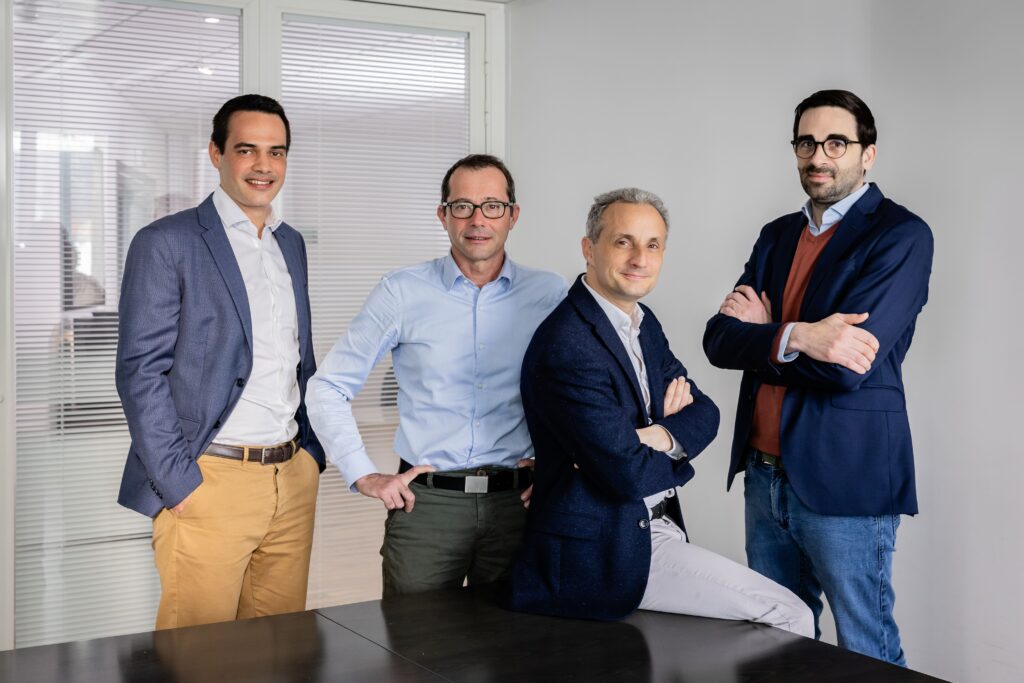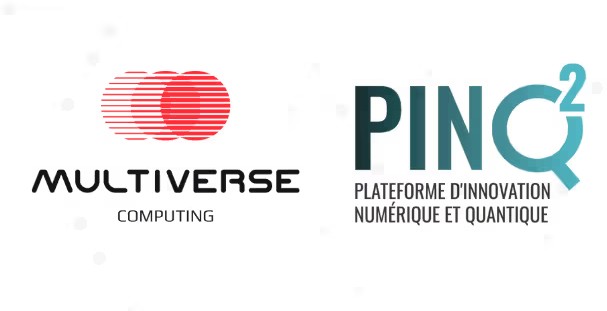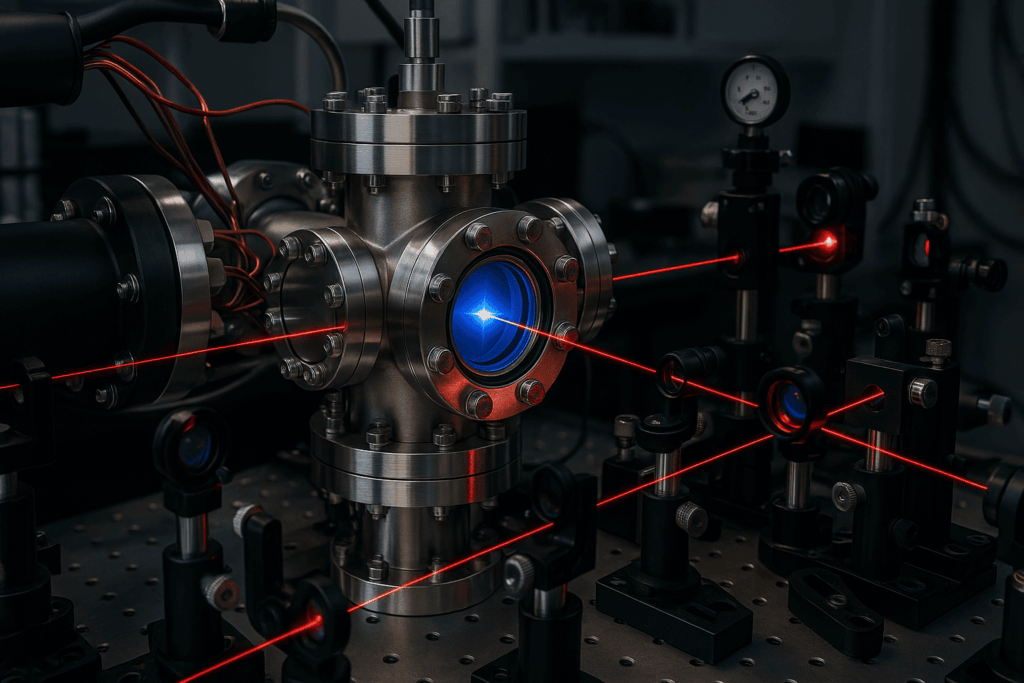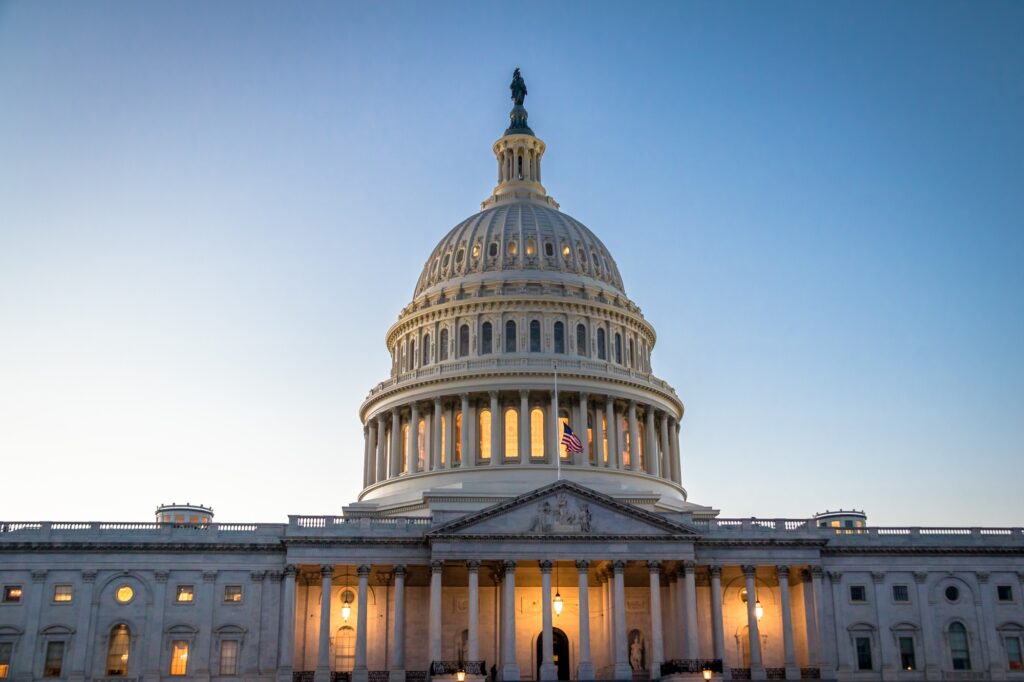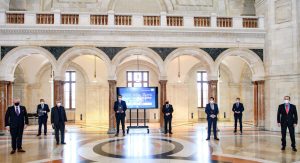
A group of scientists and entrepreneurs say that the Bavarian quantum initiative is officially underway and could lead to a German quantum computer, according to a Max-Planck-Institut für Kernphysik news release translated from the German original.
“Munich Quantum Valley” is the central element of the Bavarian quantum initiative, which the partner organizations want to advance the development of quantum science and technology on a national and international level over the next 10 years. Subject to the approval of the state parliament, the Free State of Bavaria is providing a total of 300 million euros, of which 120 million euros will be available in 2021 and 2022.
The representatives say that they are interested in quantum technology because a quantum computer vastly outperforms conventional computers, offers secure communication methods and reveals basic elements of quantum technology.
The Bavarian Prime Minister Markus Söder, the Ministers Hubert Aiwanger and Bernd Sibler as well as the Presidents of the Bavarian Academy of Sciences Thomas O. Höllmann, the Fraunhofer-Gesellschaft Reimund Neugebauer, the Ludwig-Maximilians-Universität München, Bernd Huber, the Max- Planck Society Martin Stratmann and the Technical University of Munich Thomas F. Hofmann kicked off the initiative on January 11, 2021 with a declaration of intent.

With the Munich Quantum Valley as the central element of the Bavarian quantum initiative, the partner organizations want to advance the development of quantum science and technology on a national and international level over the next 10 years. Subject to the approval of the state parliament, the Free State of Bavaria is providing a total of 300 million euros, of which 120 million euros will be available in 2021 and 2022.
Strengthened in this way, the Munich Quantum Valley will also apply for funding from the federal government, which is supporting the development of quantum technologies within the framework of the Germany’s future package with two billion euros.
A three-point plan for research, development and training
The Bavarian Academy of Sciences, the Fraunhofer Society, the Ludwig Maximilians University in Munich, the Max Planck Society and the Technical University of Munich have formulated a three-point plan with which they can conduct research, development and training in the Want to intensify quantum science and technology. For example, they will set up a center for quantum computing and quantum technologies (ZQQ) and a quantum technology park, and will increasingly train and educate young scientists, but also specialists from industry.
In the ZQQ, industry and science will prioritize research and development in quantum science and technology and coordinate funds for outstanding projects in this area. Scientists at Bavarian research locations beyond Munich could be funded, for example, for work on quantum simulators to search for new materials, for methods of quantum metrology for particularly precise measurements of electrical or magnetic fields, for example, or for methods of tap-proof quantum cryptography. The ZQQ is also set to design a quantum computer for calculations that are not possible with conventional supercomputers in the coming years. In the longer term, commercially usable quantum computers are to be created on this basis, whose computing capacities are to be made available via cloud access. For the quantum computers, software for quantum computers and interfaces to conventional computers are also designed at the ZQQ.
Conditions for translating research results into innovative products
In the Quantum Technology Park, the Quantum Valley partners will create the high-tech infrastructure that research institutions, start-ups and established technology companies need to advance quantum science and technology at an internationally competitive level. Well-equipped clean rooms with systems for nano and thin film production as well as corresponding development and test laboratories are to be created in the technology park. In these facilities, researchers could rent laboratory space from start-up companies on the one hand, and on the other hand they could award corresponding service contracts to the infrastructure operators. In this way, the conditions are created under which research results can be converted into innovative products – a step in which the USA, for example, is still well ahead of Europe.
The Munich Quantum Valley can only be successful with excellently trained scientists and appropriately qualified specialists from industry. With its universities and non-university institutions, Munich and Bavaria are already among the world’s leading locations for training the next generation in quantum science and technology. These activities are intensified in the third pillar of the Quantum Valley. The focus is on training in dealing with intellectual property, quantum technology modules for combined training in technology and management, as well as programs for business start-ups and the further training of specialists from industry. In addition, the Munich Quantum Valley is intended to create particularly good research conditions, making the region even more attractive for top people in quantum science and technology.
Thomas O. Höllmann, President of the Bavarian Academy of Sciences: “The Munich Quantum Valley goes back largely to the initiative of the Walther Meißner Institute of the BAdW, which, under the direction of Rudolf Gross, has been providing top performance in basic research in quantum physics for decades. The Leibniz Computing Center of the BAdW contributes its expertise as a digitization partner for science in the promising field of quantum computing. ” www.badw.de
Reimund Neugebauer, President of the Fraunhofer Society: “The technological leadership in quantum technologies and quantum computing forms a crucial pillar for the technological sovereignty and resilience of Germany and Europe. With the initiative for the Munich Quantum Valley, the Bavarian State Government creates excellent conditions for a fulcrum at the interface between basic and application-oriented research with international appeal. Fraunhofer will make a comprehensive contribution: on the software level via the Bavarian Competence Center for Quantum Security and Data Science with the Fraunhofer Institutes AISEC, IKS and IIS, as well as access to the quantum computer currently being developed in Germany by IBM and us for enabling of science and business. On the hardware level, Fraunhofer will take on the engineering, production and system integration of system-critical components. The Fraunhofer EMFT enables access to the entire technology spectrum of the Research Factory Microelectronics Germany (FMD). ” www.fraunhofer.de
Bernd Huber, President of the Ludwig Maximilians University: “We very much welcome this initiative. Munich is one of the world’s most important centers in the field of quantum science and the LMU is one of its driving forces. Our joint cluster of excellence, Munich Center for Quantum Science and Technology ‘brings together highly respected researchers in Munich. With the new Munich Quantum Valley, quantum science will make significant progress. ” www.lmu.de
Martin Stratmann, President of the Max Planck Society: “Quantum science and technology create completely new possibilities in information processing, in communication, but also in the development of new materials for the energy transition. The developments in this area are therefore prime examples of what we call leap innovation. And they are also examples of the fact that such epoch-making innovations are only possible through knowledge-driven basic research. Max Planck scientists at the Max Planck Institute for Quantum Optics in Garching and for the Physics of Light in Erlangen, among others, have created the physical basis for quantum technologies with their pioneering work. ” www.mpg.dewww.fraunhofer.de
Thomas F. Hofmann, President of the Technical University of Munich: “The Quantum Valley Munich builds on the outstanding achievements of Munich as the cradle of German quantum research and, in line with our ONE MUNICH strategy, bundles our diverse strengths across institutional boundaries. Together we will create an ecosystem for quantum technologies that can compete with the best in the world and will bring international scientific talent to Bavaria. ” www.tum.de
For more market insights, check out our latest quantum computing news here.

